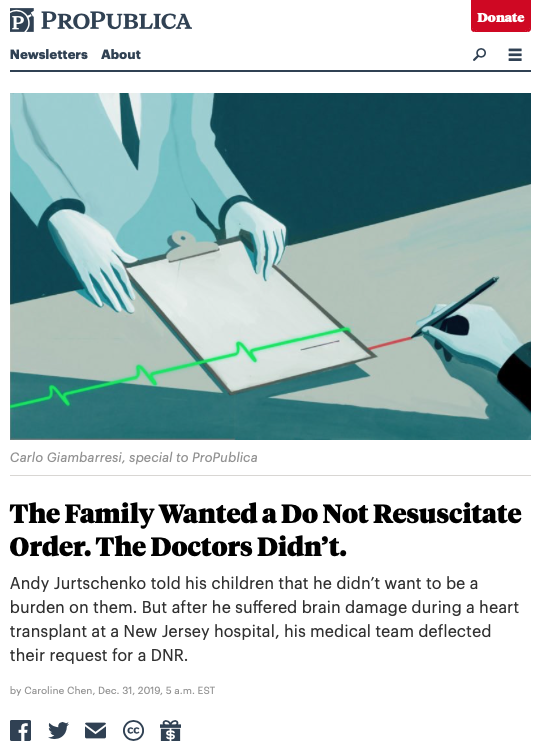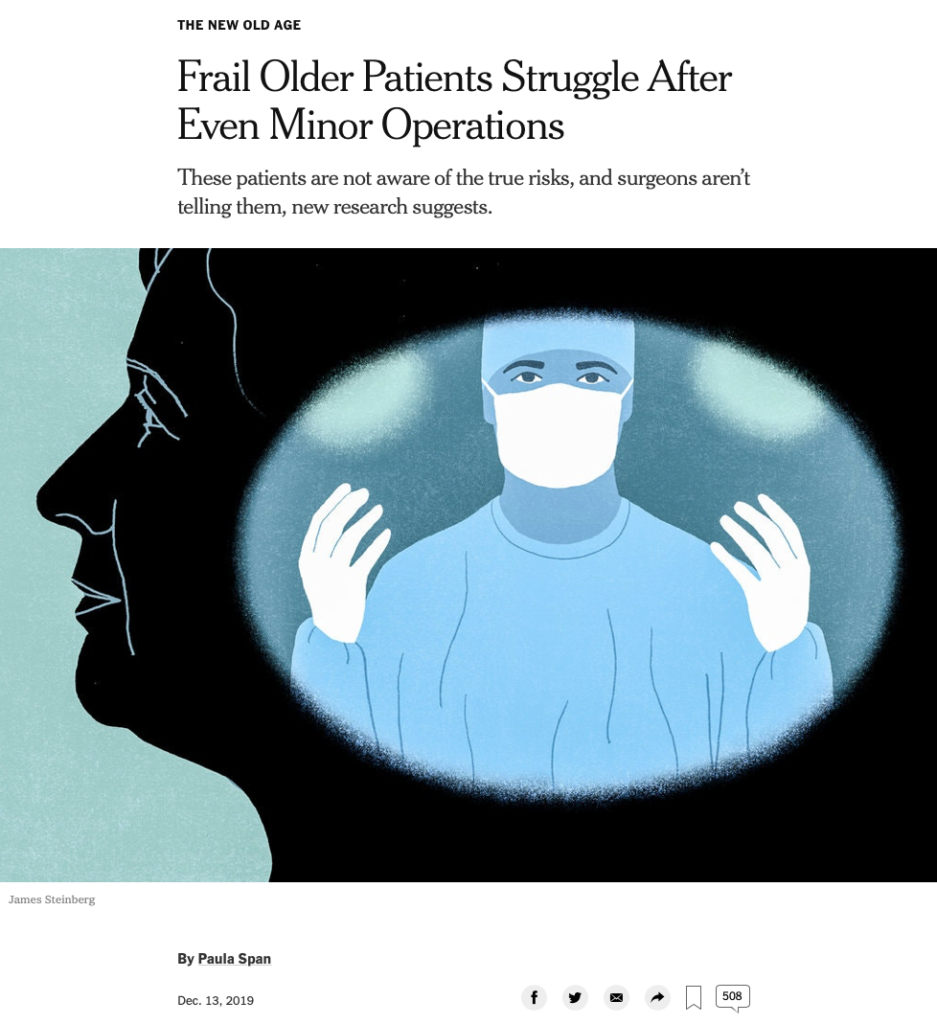
A New Best Case/Worst Case Course
A framework to improve surgeon communication in high stakes surgical decisions
COURSE DETAILS
This online course prepares surgeons to navigate conversations that involve choosing between surgery and other treatment options. The curriculum is specifically tailored to help clinicians articulate the best, worst and most likely outcomes of interventions to help patients choose between surgical and non-surgical options for treatment.
Click here for more information!










